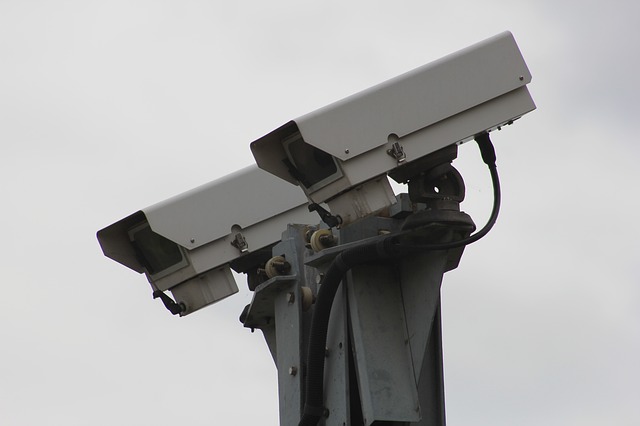Facial recognition bill criticised over weak safeguards

Proposals to allow gardaí to use facial recognition technology do not currently include enough safeguards to protect fundamental rights, the Irish Human Rights and Equality Commission has warned.
The rights body has today set out its concerns with the proposed general scheme of the Garda Síochána (Recording Devices) (Amendment) Bill, which was published in December 2023 and will allow the use of biometric identification to retrospectively search CCTV footage.
The use of facial recognition technologies can lead to profiling or the flagging and tracking of individuals on the basis of a protected characteristic, which can give rise to discriminatory outcomes, it says.
It recommends that the human rights and equality implications of this technology should be subject to independent and effective scrutiny, either by an existing body, such as the new Policing and Community Safety Authority, or the establishment of a new body, such as an independent group on emerging technologies.
It also calls for the use of facial recognition technology to be subject to judicial authorisation and for any authorisation granted to set out the nature, scope and duration of the approval.
The human rights and equality obligations on Garda personnel should be clear and precise, and that the consequences which follow from a failure to observe these obligations should be clearly set out in the legislation, it adds.
Commission director Deirdre Malone said: “The use of biometric identification and facial recognition technologies represents a radical upturn in the policing powers of the State.
“This places a clear responsibility on members of An Garda Síochána to ensure that these powers are only used in in a manner that is consistent with both the Act and code of practice.
“Therefore, it is vital that the proposed Act incorporates from the outset the necessary human rights and equality protections that are an essential part of our democracy and the rule of law.”










